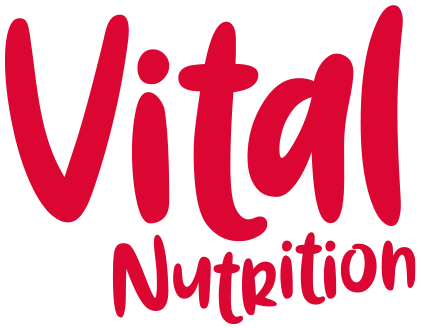Thank you Dr Mosley
Michael Mosley was an inspiration to so many people. Best known for using intermittent fasting to help people with weight loss and reverse type 2 diabetes, his books, TV shows and podcasts offered health advice that was down to earth and achievable.
He was a champion for health and well-being and the power of diet and lifestyle to prevent, and even reverse disease. I often referred my clients to his podcasts and books for ideas and inspiration, so as a little way of a tribute, here are some of my favourite snippets of advice, taken from Michael Mosley’s ‘Just One thing’ podcast.
1. Eat slowly
Slowing things down and taking time to savour and enjoy the food on your plate could help you to feel fuller for longer, snack less and maintain better blood sugar levels.
Often we eat on the go, in a rush or while focussing on something else.
Tune into your senses and notice how your food looks, smells, tastes and feels in your mouth.
2. Cook from scratch
How often do you cook a meal at home? A large study showed that people who eat homecooked food five or more times a week were 28% less likely to be overweight than people who ate homecooked food less than three times a week.
We know that homecooked food is better for our health than a diet of takeaways and ultra processed foods, but that doesn’t mean you have to slave over a hot stove every night. Keep it simple and make food that you will enjoy eating. Batch cook and save the leftovers for tomorrow’s lunch, or pop a portion in the freezer for a mid-week meal another time.
3. Try flaxseeds
I often write in this column about the benefits of flaxseed, and we are lucky to have Linwoods as a local food hero in NI. Flaxseeds have been associated with a whole range of benefits for our health. From helping to reduce risk of heart disease, to lowering blood pressure and cholesterol and helping to keep our digestive system regular, flaxseeds are definitely on the menu for optimum health.
4. Enjoy olive oil
One of the most important ingredients in a Mediterranean diet is olive oil. It has been credited with benefits such as supporting a healthy heart, protecting our brain, memory improvement and helping to manage chronic inflammation.
Studies recommend including two tablespoonfuls of olive oil in our diet every day to significantly reduce biological markers of heart disease. Use for salad dressings, as a drizzle over steamed veggies, or for cooking.
5. Eat wholegrains
A simple swap from white, refined grains in your diet to wholegrains can bring a whole host of health benefits. Wholegrains contain more fibre, vitamins and minerals than their white equivalents. Making the switch could help support a healthy balance of bacteria in your gut microbiome, improve blood pressure, reduce risk of type 2 diabetes and even help with weight management.
If you are new to wholegrains, one of the easiest swaps is pasta. Choose wholemeal spaghetti with your Bolognese and you are unlikely to notice much difference in taste. Increase your fibre slowly and when one of your refined grains run out, try replacing it with a wholegrain. From brown rice and wholemeal pasta to quinoa, buckwheat and oats, there are plenty to choose from.
6. Drink green tea
Encouraging us to drink green tea, with its distinctive taste and its health benefits, Dr Mosley highlighted how green tea can benefit our brain power and health. Green tea contains a polyphenol called EGCG (Epigallocatechin Gallate), that has been shown to inhibit a destructive enzyme which harms our brain cells. Green tea also has calming effects, thanks to an ingredient called l-theanine that induces calming brain waves, so go on, get the kettle on!
Dr Mosely’s podcasts focussed on many aspects of health and well-being, and one of the episodes highlighted the health benefits of being kind. I think he was a man who walked the walk. Thank you Dr Mosley for your kind way of making us all take a second look at our health habits.

